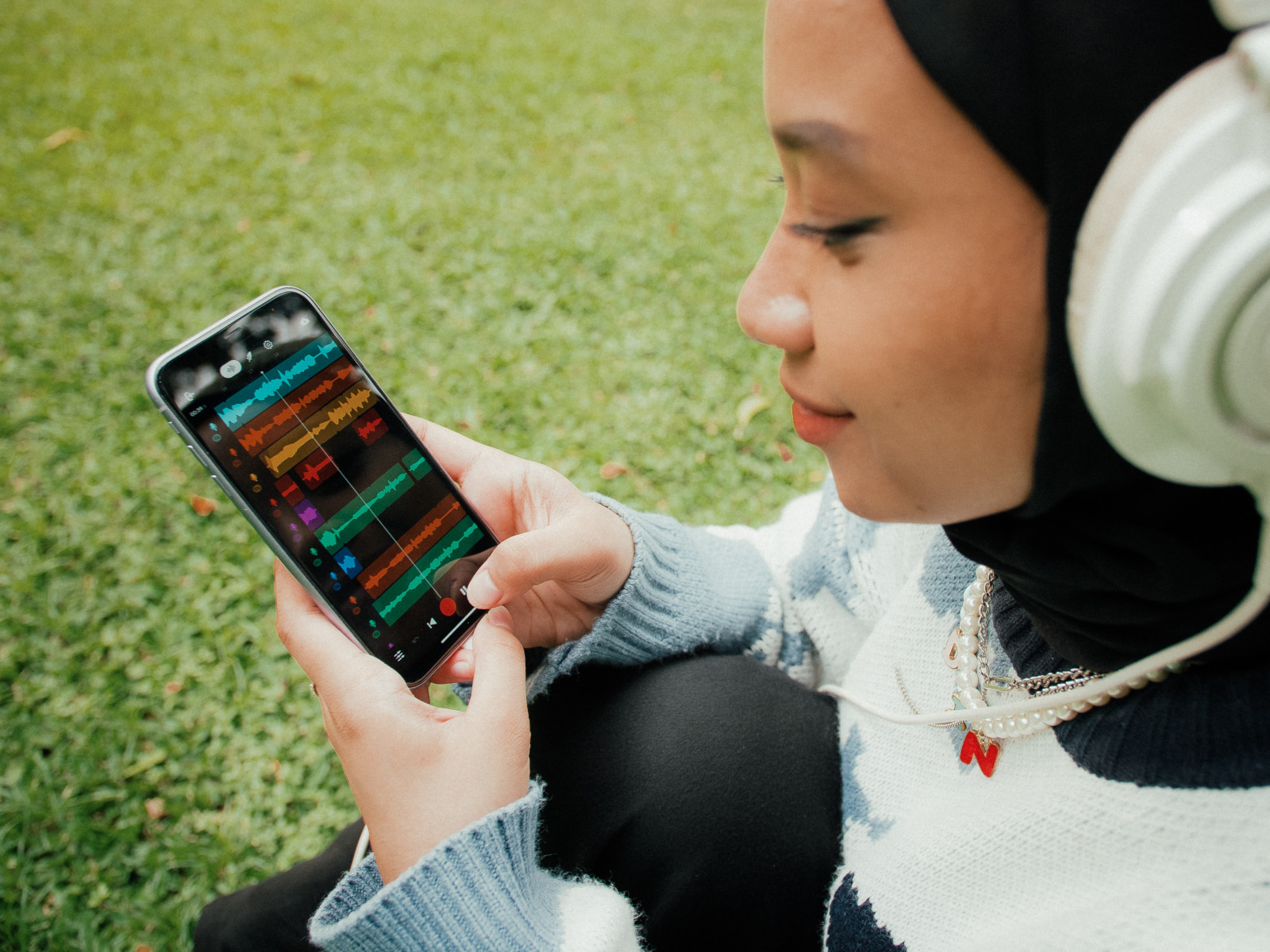Who tomorrow's music business is being built for

Photo: BandLab

The creator tools industry, meaning the market for music-making hardware and software, has historically served as the funnel to the recorded music industry. At the centre of that industry are big record labels, which trade on career artists. This is a market of inverse proportions, where labels’ comparatively small number of artists make up a comparatively large amount of revenue.
But what is changing about this relationship is that the total addressable market (TAM) for the creator tools industry is rapidly expanding. This is not about the lowered barrier to entry for pursuing a music career — that shift already happened. Now, it is also becoming easier for more people to casually interact with music-making as a passion project, hobby, form of entertainment, or simply another tool in the social media toolbox. Artificial intelligence (AI) music generators, like the kind Google, Meta, and Microsoft are developing, are rapidly accelerating this trend. This is the consumer-ification of music.
The end of needing to be bad before you can be good
New, consumer-geared creator tools are meeting this shift. Roblox players can use a Splash integration to make music and perform virtually for friends. New social apps, like HYPH and Minibeats (which is integrated within Snapchat), allow users to create new songs or remix existing ones for their posts, all within the same app. The average person can use generative-AI music apps, like Splice’s CoSo, to create beats in a few taps. And a wave of next-generation creation companies, like BandLab, are making the experience of making music more seamless and social — and overall, less intimidating.
This brings on a tidal wave shift: in music, we are reaching the end of needing to be bad before you can be good. Lots of people give up new creative hobbies because they get frustrated when their early efforts are poor. Music in particular is put on a high pedestal — people tend to think of it as something you need a “gift” for. And so, even as technology to create music has become cheaper and more accessible, music’s ego-based barrier to entry (needing to make bad music before you can make good music) has remained high. But it is finally lowering thanks to these new platforms, where users can create something halfway decent on their first try.
Of course, exceptional artistry still takes time. But the learning process will be a bit less frustrating, encouraging more people to give music a shot. The clearest indication of this trend is just how many charting artists these days became artists by accident. Consider teenaged Interscope Records signee D4vd, who started making music because he needed a copyright-free soundtrack for his gaming videos on YouTube. He Googled “how to make music on iPhone”, signed up for BandLab, and that was that.
Featured Report
Ad-supported music market shares Spotify ascending
Ad-supported streaming has always occupied a unique and slightly contentious place in the music industry ecosystem. On the one hand, ad-supported still represents an effective way to reach consumers at scale, creating a wider subscriber acquisition funnel.
Find out more…Who we are building for
We are already seeing this trend reflected in the number of creators who release music simply as a passion project. Within the installed base of 6.4 million self-releasing artists, the share who are pursuing a full-time music career is nearly equal to the share who pursue music as a passion. And because the passionate enthusiasts do not rely on music as an income source, they spend more money on music making than the career seekers. A creator’s revenue potential for the music business is becoming what they will spend, not what they will earn.
So, where is all of this going?
The creator tools industry is no longer just a funnel to the recorded music industry. Instead, it is moving closer and closer to the centre of the music business. Not only that, but creator tools companies are starting to integrate the next parts of the value chain, such as distribution and marketing, to serve those creators who do decide to pursue music seriously.
All this means that tomorrow’s music business is being built not just for career artists, but also for the casual consumer-creator. Listeners are becoming not just a customer segment to sell music to (music streaming subscriptions, concert tickets), but also customers for the tools to make, edit, and remix music themselves. And increasingly, artists can expect their audiences to be actively creative in some way — whether they are creating content with music or creating music, full-stop. The future of the artist-fan economy could look more like the athletics industry, where the real money for top athletes is in selling branded training gear to the average player.
The irony is that while the creation side of music is thriving, the remuneration side remains broken. As MIDiA’s Kriss Thakrar wrote recently, the commodification of music is not sustainable for the music industry — “not because it fails to provide value to the consumer, but because it fails to provide incentives for artists”. The thriving creator tools market could hold the next generation of music stars. But the recorded music industry cannot benefit without giving creators an incentive to make music more than a hobby.

The discussion around this post has not yet got started, be the first to add an opinion.